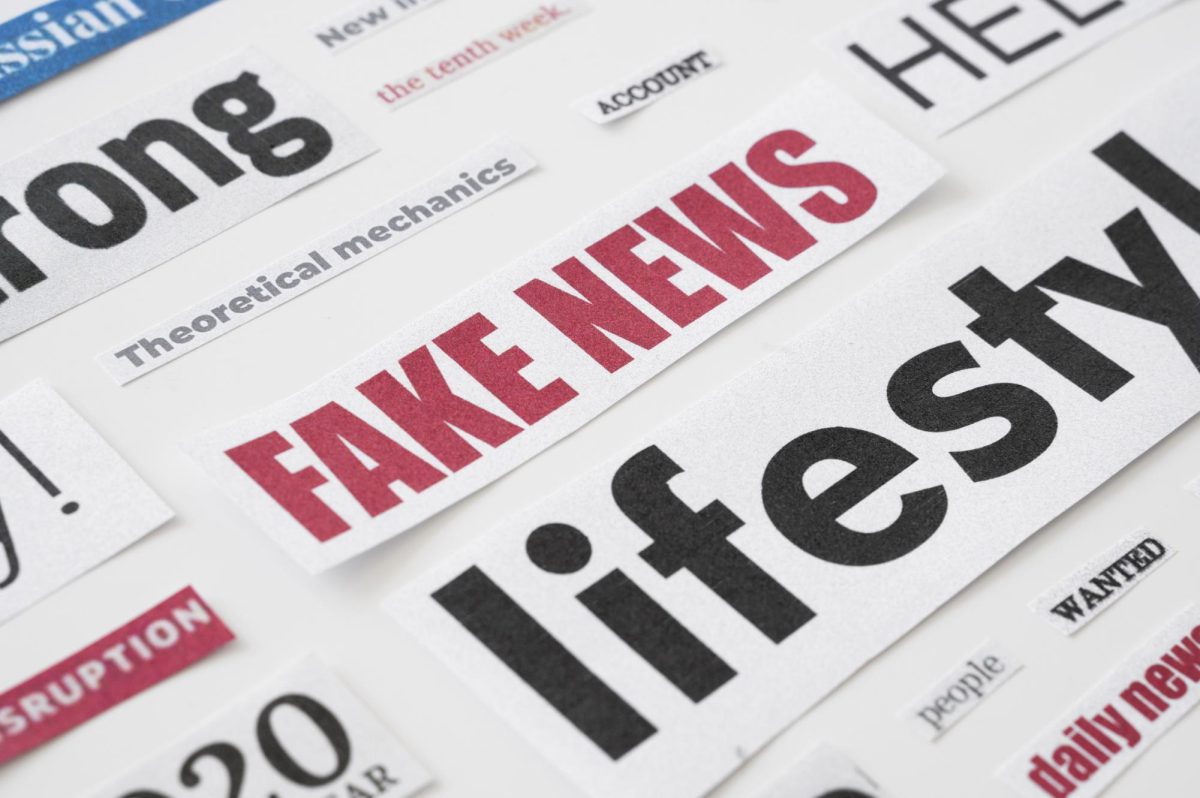This article could be fake news!
Well, not this article. Thankfully, The Forum prioritizes fact-checking and truthful, unbiased information above all. For a while, we could count on social media to do the same thing.
Not anymore, though.
On January 7th, 2025, Mark Zuckerberg, CEO of Meta, announced the company’s complete removal of third-party fact-checking services and their replacement with the self-moderation platform Community Notes. Under this platform, Meta places all of its moderation responsibilities on its users.
X adopted this platform in 2022 before Elon Musk bought the company, but he propelled the program forward at a rapid pace when he largely got rid of third-party fact-checking services.
The result?
Misinformation has spread across the platform like gossip in a small town about various topics, but one of the most alarming ones was the 2024 election. X was the source of the chaos with tons of misleading content. From Deepfake AI videos generated to make celebrities “endorse” certain political figures to people inventing conspiracies about potential candidates, people purposefully spread wrong information intended to catch the public’s attention.
Of course, some of this is thanks to X’s new policies which now pay accounts by the amount of user engagement (views, likes, and comments) instead of by ad revenue, encouraging people to post blatantly incorrect information just to rile people up and get attention.
Fortunately, this chaos was pretty much bound to the X app. With Meta now adopting this self-moderation approach, however, we are going to have to be extra careful about the information we consume on all platforms.
So, what’s the danger of misinformation?
Well, let’s look at an example of how misinformation wreaks havoc on people’s lives: the Blake Lively smear campaign.
In 2023, Blake Lively and Justin Baldoni were shooting the movie adaptation of the famous Colleen Hoover book It Ends With Us. During filming, Lively complained multiple times about how Baldoni and the director of the film, Jamey Heath, repeatedly violated physical boundaries and made inappropriate sexual comments towards her.
By the end of 2024, both men feared that her allegations would go public and ruin their reputations, according to a legal complaint she filed in late December of 2024. Because of this, they allegedly hired a PR expert in an effort to deflect attention from themselves and to harm Lively’s reputation instead.
In addition, they hired a crisis management expert, Mellisa Nathan, who influenced the press, suppressing stories about Baldoni and pushing rumors about Lively instead. By strategically boosting social media posts that went towards their cause and accusing Lively’s actions of being a way for her to fix her “negative” reputation, Nathan was successful at tarnishing Lively’s reputation.
From the beginning of the release, negative comments about the actress skyrocketed, tarnishing not just the actress’ reputation but also causing a drop in sales in her hair care company and other businesses.
At a certain point, Blake Lively ran the risk of being canceled for an incident that was not her fault, all because of the negative publicity seeded and amplified by Nathan and Baldoni. Largely unmoderated platforms laid the foundation for all of this to occur.
So, the spreading of misinformation can hurt celebrities. Why does it matter to us, regular people?
Well, think about it. We live in an age where we increasingly rely on technology and the media to provide us with information about everything. From basic health needs to recipes to celebrity gossip, the media is where we acquire most new information. Without third-party fact-checkers, engineering false claims and conspiracies is as easy as clicking a button. People can now very easily use the media to attack minority groups by spreading rumors about them, providing an outlet for systemic prejudice and hatred.
People can be misled about scientific information, believing that certain vaccines or medications will harm them even though it’s not true. At the heart of it all, misinformation leads to misunderstanding, and the truth is that most people will believe the first thing they see if it even vaguely makes sense. We can’t expect everybody to go out of their way and research every little fact they consume in the media, because it’s too effortful when most people use social media to relax.
So, how can we solve this problem?
Well, although none of us have the power to bring third-party fact-checkers back to the platform, the alternative, Community Notes, is known to work best with more people. Making an effort to be active on the software can help prevent misinformation to an extent, although it can never be a full solution.
Being extra careful with what you consume on the internet is vital. If you see something that seems vague, surprising, or odd, make sure to do your research. Report posts that are illegitimate or hurtful.
Don’t believe everything you see.


